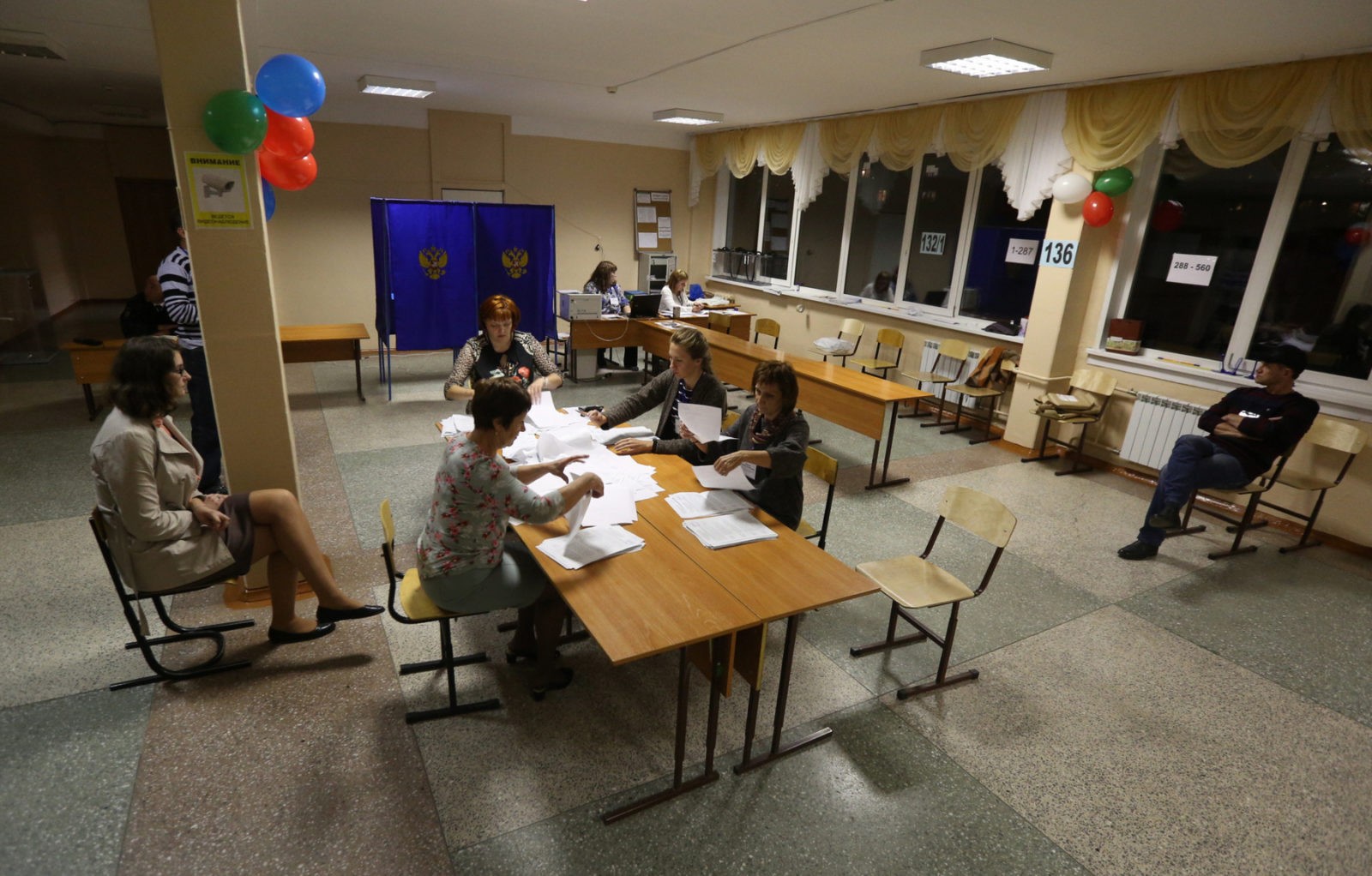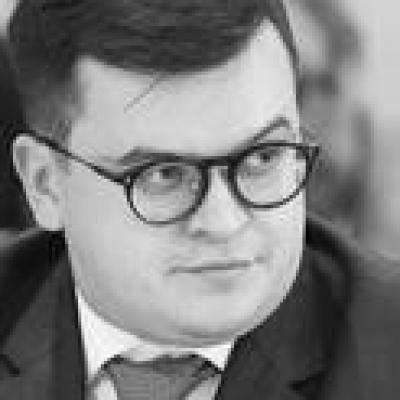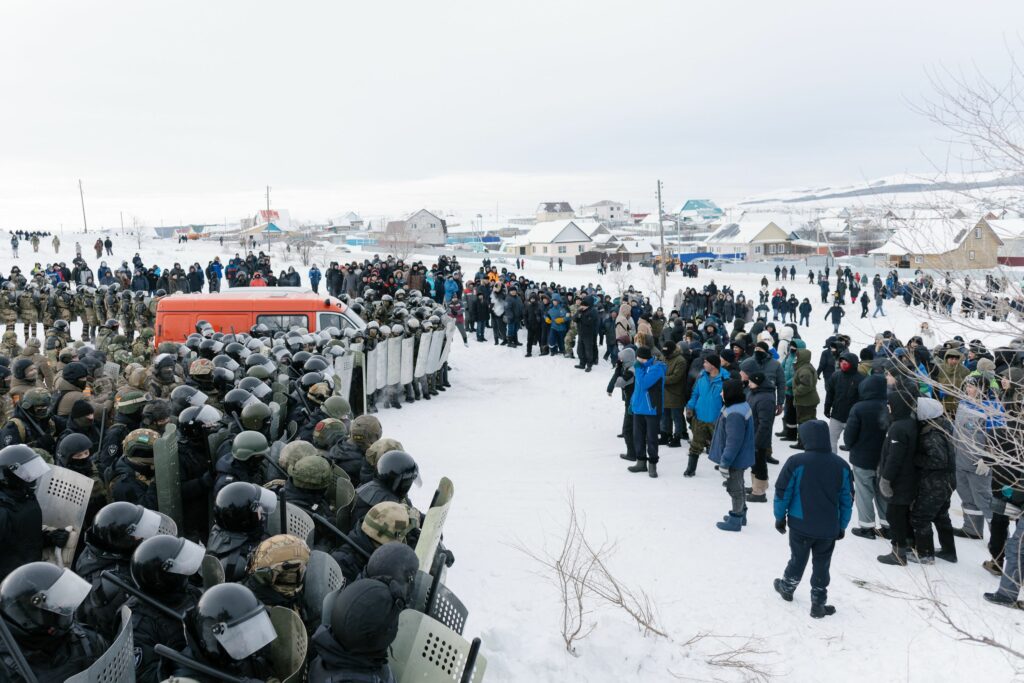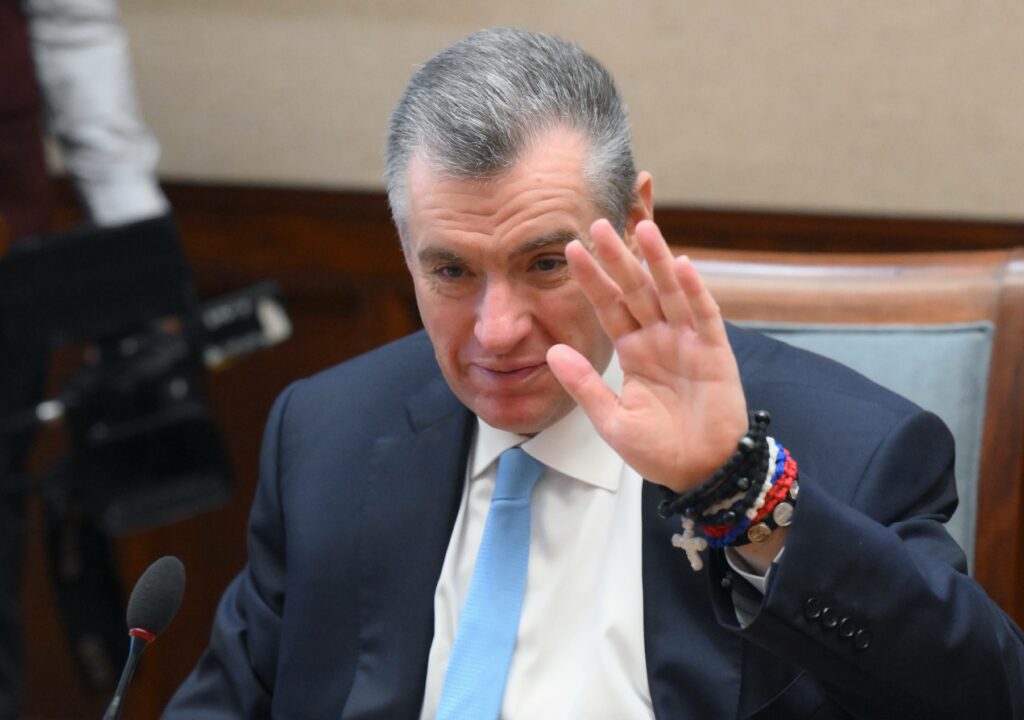Voters are accustomed to believing that major Russian political parties regularly participate in elections. In fact, as the recent Golos report on voter rights has shown, this is not the case. The majority of people usually think that elections in Russia are held once a year, on the only voting day in early September. However, elections are held almost every Sunday: in small villages, districts and even relatively large towns: there are mid-term elections for the posts of retired heads of units, representative bodies are dissolved, repeated elections are held etc.
Out of the 50 weeks that elapsed between the single voting days (SVD) in 2017 and 2018, at least one election took place during 44 weeks: a total of 140 heads of municipalities and 1,119 deputies in majority districts (usually rural ones) were elected. The analysis of these campaigns, which no one has ever paid any attention to, provides a lot of information for diagnosing the status quo of the Russian party system.
Who participates and wins in elections?
Our study has shown that the largest parliamentary parties often refuse to even nominate their candidates. Naturally, United Russia is most active in proposing its candidates. Between 17 September 2017 and 2 September 2018, this party took part in 81% of the elections of heads of local governments and 91% of the election campaigns for the posts of local deputies, held outside the single voting day. It is important to understand that United Russia candidates at the local level often have little to do with the party itself. These are simply people who have been promoted by the respective local administration. Many of them have long been encouraged to run because, in the absence of at least some resources at the local level and in the presence of many unresolved problems, there are not so many people willing to shoulder this responsibility. It is almost impossible for a head of village to solve these problems within the existing legislation whereas those who break the law have been put to prison in recent years.
Since elections cannot take place on a non-alternative basis, in most cases a representative of United Russia goes head in head with a candidate from the Liberal Democratic Party. The latter party participated in more than 70% of the election campaigns that took place between the SVDs. However, ‘technical’ candidates prevail among its ranks: those are usually students, often from a region different than the one where elections are being held.
However, things are much worse for the other parties in local elections. For the year, the Communist Party of the Russian Federation put forward its candidates in merely 13.6% of the elections of the heads of municipalities and in 16.9% of the elections of local deputies. The figures for Fair Russia are even worse: 5.7% and 14% of the campaigns, respectively.
Other parties are hardly noticeable. For example, Yabloko has put up merely 12 candidates for 1119 deputy mandates throughout the country and one candidate for the position of the head of municipality. This represents merely 1% of the past election campaigns.
As a result, self-nominated candidates are the main competitors of United Russia: in the election of the heads of municipalities there were twice as many self- nominated candidates than those from United Russia, and 13 times as many of them versus the candidates supported by the Communist Party of the Russian Federation.

If you look at the results of election participation, a similar picture will emerge. United Russia was able to elect 62% of the heads of settlements and 74% of deputies. Self-nominated candidates took another third of the posts of heads and 18% of the deputy mandates. Representatives of other parties achieved much more ambitious results: in the local government elections the Liberal Democratic Party won only in 5 cases (3.6% of campaigns), the Communist Party of the Russian Federation in 2 cases (1.4%), and Yabloko in one. The remaining parties were unable to get even a single head of municipality. A similar picture emerged in the elections of deputies.

Large parties refuse to participate in general and local elections held on the single voting day. For example, in the Altai Krai, in addition to the governor elections, another 143 election campaigns were held at the local level on 9 September. The Communist Party of the Russian Federation, which had previously refused to nominate its candidate for the post of governor due to the shortage of local deputies, nominated its candidates in only 31 campaigns while failing to participate in 112 elections.

Why would parties need to participate in local elections?
Participation of parties in local elections is a debatable issue. The answer depends on how we see the specific level of local government, and which party system and, more broadly, political system we aspire for. For example, according to one opinion party representation is by no means mandatory at the level of local government, and parties should focus on major tasks. In addition, the importance of local authorities for political parties is extremely low nowadays due to the catastrophic shortage of resources at this level. Nevertheless, there are a number of arguments, both pragmatic and theoretical, in favour of the parties’ participation in the lowest-level elections.
Firstly, Russia has a so-called “municipal filter” in the governor elections. This institution has been subject to harsh and fair criticism since its launch in 2012, but politicians should nevertheless factor it in. If a party plans to nominate a candidate for the post of governor, it must collect a certain number of signatures of municipal candidates in 75% of the municipal districts in the region. Nowadays, only United Russia can do this across the country. In the 9 September elections for governors in 22 regions, the Communist Party of the Russian Federation was able to independently overcome the filter in only three regions (or in two, according to some data). The other parties had no such capability. This made them dependent on United Russia and the executive branch. However, it should be noted that the parties themselves did not particularly resist: during the six years since the launch of the filter, they could theoretically collect the necessary number of local deputies since election campaigns in rural areas often cost very little.
Secondly, even in those cases where a party cannot count on victory, participation in elections becomes a method to promote its own ideas. It serves as a kind of ‘advertising campaign’ for the party. There is also a feedback: the party learns about the residents’ problems, collects a database of contacts to be used in larger, more important elections.
Thirdly, participation in elections in a specific territory is a ‘training ground’ for the local activists which helps to consolidate them. Activists, in turn, act as catalysts: the activity undertaken by ardent supporters of the party influences everyone around them helping ideas to ‘catch on’.
Fourthly, the local government level is among the most conflict-prone and sensitive levels for citizens. This is due to the constant shortage of funds to solve the problems affecting residents’ daily life. In turn, party structures are agents of political conflict in society; they must adequately reflect the views of certain groups of voters and speak on their behalf. If this does not happen, voters will take to the streets with slogans such as ‘You can’t even imagine us,’ as was the case in 2011 after the parliamentary elections.
Fifthly, parties are the institutional fabric of representative democracy. Strong, institutionalised parties are the foundation for a sustainable democratic regime. However, at present they are more like clubs for politicians and entrepreneurs who engage in backstage negotiations through those structures.
What is the condition of Russia’ party system today?
The crisis of the Russian party system is already visible to the naked eye. It has been noticed by experts from different fields. If we compare the official voting results in the State Duma elections of 2011 and 2016, we will see that the level of support for parliamentary parties shrank by 15.6 million votes, that is, more than a quarter. According to the Levada Center, political parties are consistently competing with big business for the lowest position in the ranking of citizens’ confidence in public institutions.
Politicians do understand this as well. The 2018 elections highlighted the crisis of the party system. At first, two of the four parliamentary parties did not formally nominate their candidates in the presidential elections, then Sergei Sobyanin in Moscow and Alexander Burkov in the Omsk Region, closely associated with United Russia and Fair Russia, respectively, ran as self-nominated candidates in the elections of governors. In the Primorsky Krai, the legislation was hastily changed before the elections of the governor, introducing the possibility of self-nomination.
It seems that the erosion of the existing party system has recently accelerated significantly. The past gubernatorial elections ended in a victory of the so-called ‘technical candidates’ in the Khabarovsk Krai and the Vladimirski Oblast (and, in fact, in Khakassia and Primorye). The winning candidates seemed to have done everything to avoid winning. Moreover, the Communist Party of the Russian Federation did not nominate candidates in four regions despite its chances for a victory in two of them.
The crisis in the electoral system and the party system has been provided by the dwindling empowerment of political parties. The current situation calls for a revision of the existing party system. Otherwise, ordinary citizens as well as political and economic elites will be faced with the need to search for other, non-institutional tools to influence the political system.










